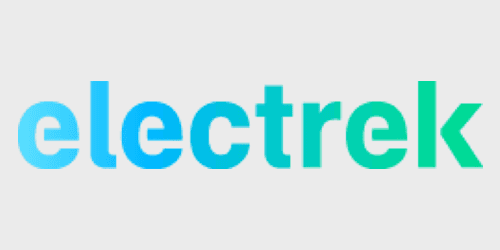
After several delays, Tesla finally launched in the South Korea market earlier this year and now we learn that it has been an unsurprisingly slow start for the automaker.
Nonetheless, Tesla is moving forward and has announced new expansions in the country.
Tesla opened two stores, one service center, and 7 Supercharger stations in just a few months.
Despite the effort, the Korea Herald reports that only 48 Tesla vehicles were registered since June, when Tesla started deliveries, and up until August.
It can be explained by the fact that Tesla buyers didn’t have access to the very generous electric vehicle incentive of up to 26 million won (~$23,000) offered by the government.
The reason for the ineligibility was pretty ridiculous for anyone familiar with long-range electric vehicles. For an EV to be eligible for the incentive, the electric car needed to be able to fully charge in under 10 hours using a standard outlet.
It unfairly gives an advantage to vehicles with small battery packs and shorter ranges. Vehicles with larger packs and longer ranges, like Tesla’s, can charge in under 10 hours, but by using level 2 chargers or fast-charging– not a standard outlet. Other EV incentive schemes, like California’s ZEV mandate, include charging speed restrictions, but they are nowhere near as restrictive as this Korean scheme.
Realizing the error back in July, the government fixed the rule, but they made it so it would only start approving new cars in September – slowing Tesla’s sales to a crawl as most buyers wait for the discount.
Now Tesla apparently expects sales and deliveries to increase this quarter and the company announced new expansions of the Supercharger network in the country to support the fleet.
With 7 stations for just 50 cars, they already have one of the most underutilized networks. Now Tesla says that it is doubling the number of stations by the end of the year and adding 11 more next year.
The local Destination charger network also doubled to over 60 locations in the country.
At the higher-end of the market, Tesla is still virtually without competition in Korea’s electric car market, but domestic manufacturers, like Hyundai and Kia, are starting to enter the field at the lower-end and the market is expected to expand quickly with the generous government incentives.
FTC: We use income earning auto affiliate links. More.






Comments